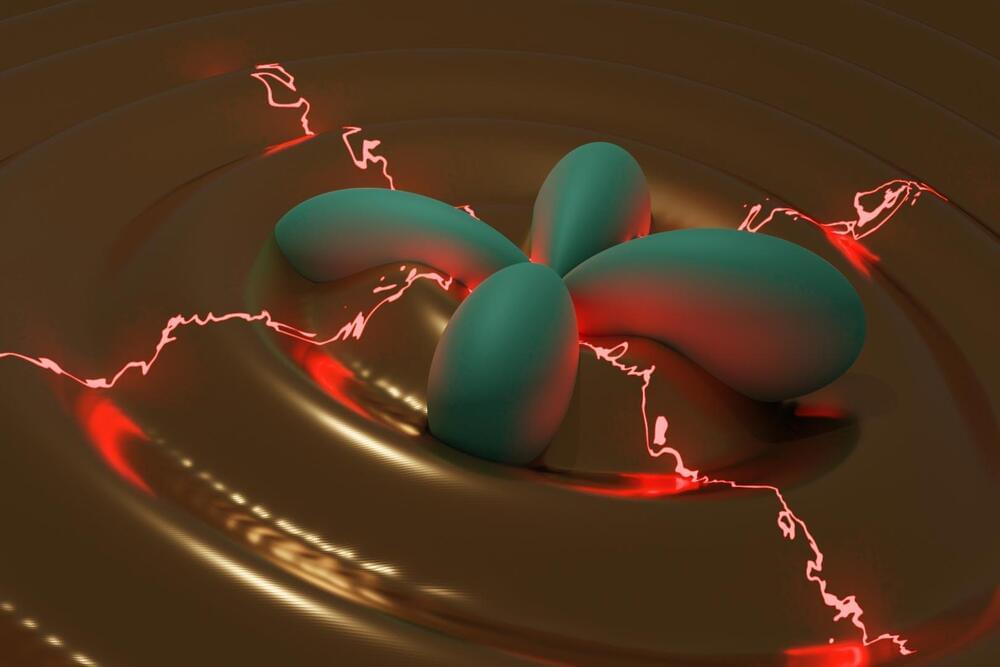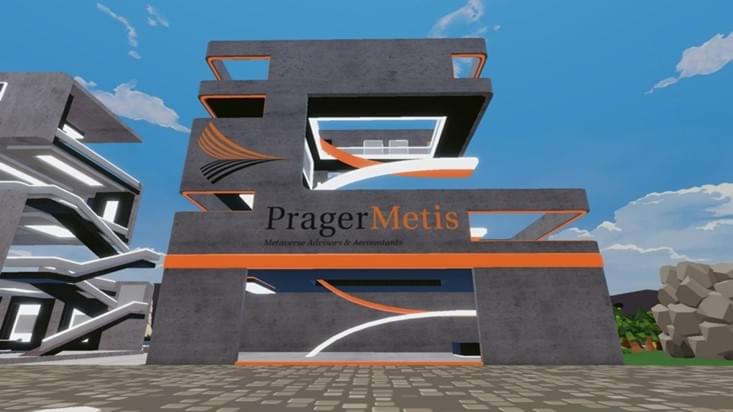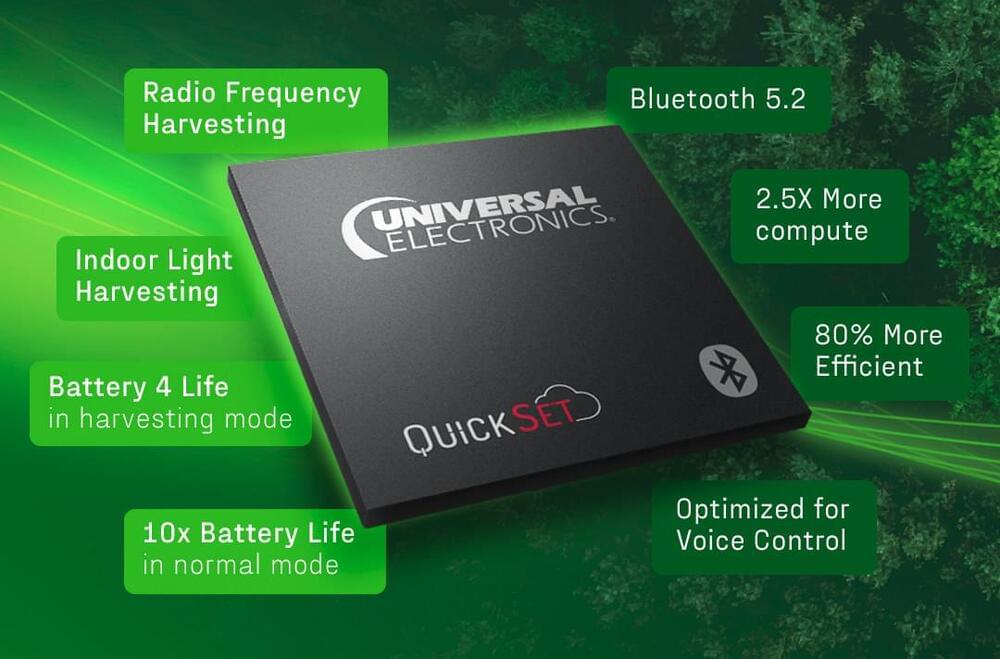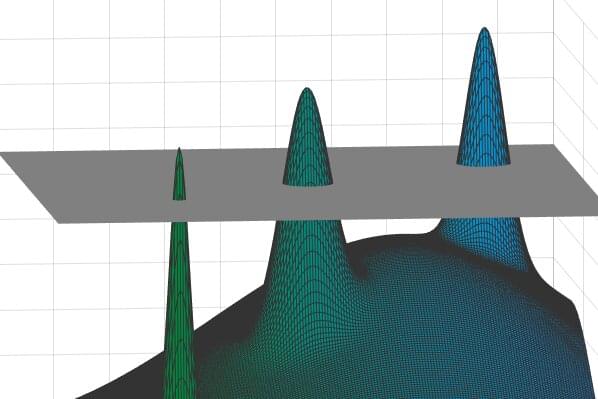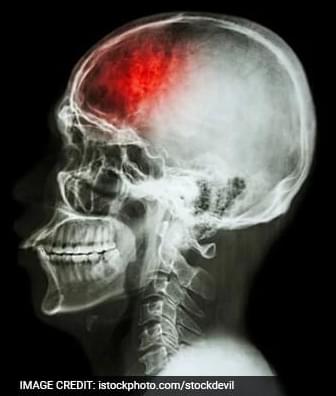In the particle world, sometimes two is better than one. Take, for instance, electron pairs. When two electrons are bound together, they can glide through a material without friction, giving the material special superconducting properties. Such paired electrons, or Cooper pairs, are a kind of hybrid particle — a composite of two particles that behaves as one, with properties that are greater than the sum of its parts.
Now MIT
MIT is an acronym for the Massachusetts Institute of Technology. It is a prestigious private research university in Cambridge, Massachusetts that was founded in 1861. It is organized into five Schools: architecture and planning; engineering; humanities, arts, and social sciences; management; and science. MIT’s impact includes many scientific breakthroughs and technological advances.
